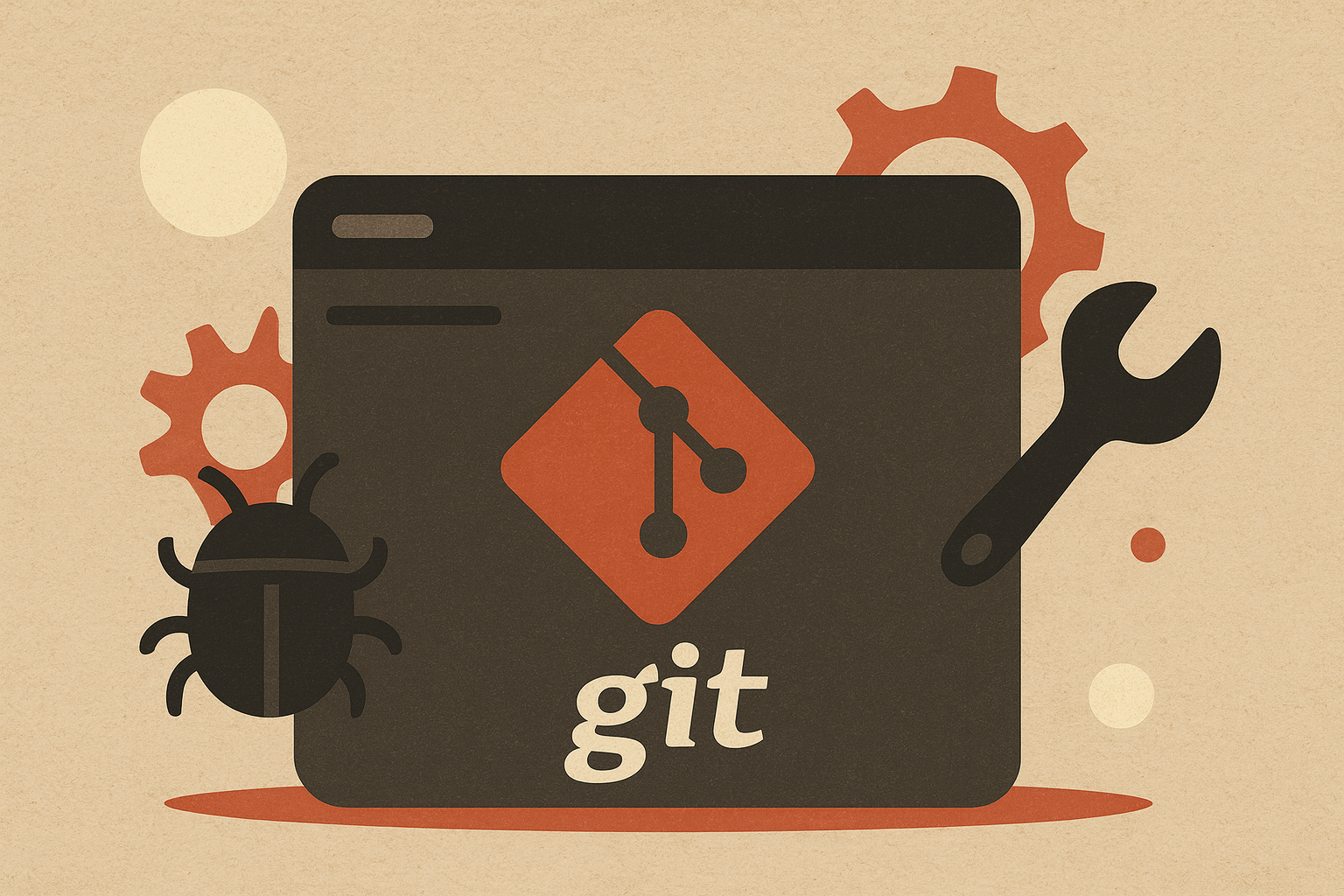What is java.io.IOException?
java.io.IOException is a checked exception in Java that serves as a general-purpose signal for failed or interrupted I/O (Input/Output) operations. It is the superclass for many other specific I/O exceptions, such as FileNotFoundException, EOFException, and SocketException.
Because it is a checked exception, any method that performs I/O operations and can throw this exception must either handle it using a try-catch block or declare it in its throws clause.
Common Causes
IOException can be thrown for a wide variety of reasons related to data transfer, including:
- File Not Found: Attempting to read a file that does not exist (often signaled by its subclass
FileNotFoundException). - Permission Denied: Lacking the necessary permissions to read from or write to a file or directory.
- Disk Full: Trying to write to a disk that has no space left.
- Network Issues: A network connection is dropped, a remote server is unavailable, or a firewall blocks the connection during network I/O.
- Stream Closed: Attempting to read from or write to a stream that has already been closed.
- Hardware Failure: A physical I/O device (like a hard drive or network card) fails.
How to Handle It
Properly handling IOException is crucial for building robust applications that can gracefully manage I/O failures.
1. Use a try-catch Block
The most direct way to handle an IOException is to wrap the I/O code in a try-catch block.
import java.io.FileReader;
import java.io.IOException;
public class IoExceptionExample {
public void readFile(String filePath) {
FileReader reader = null;
try {
reader = new FileReader(filePath);
int character;
while ((character = reader.read()) != -1) {
System.out.print((char) character);
}
} catch (IOException e) {
// Handle the exception (e.g., log it, show a user-friendly message)
System.err.println("An I/O error occurred: " + e.getMessage());
e.printStackTrace();
} finally {
// Ensure the resource is always closed
if (reader != null) {
try {
reader.close();
} catch (IOException e) {
System.err.println("Failed to close the reader: " + e.getMessage());
}
}
}
}
}
The finally block is essential here to ensure the FileReader is closed, preventing resource leaks.
2. Use the try-with-resources Statement (Recommended)
Introduced in Java 7, the try-with-resources statement is a more elegant and safer way to handle resources like streams. It automatically closes any resource that implements the java.lang.AutoCloseable interface, significantly simplifying the code and reducing the risk of resource leaks.
import java.io.FileReader;
import java.io.IOException;
public class TryWithResourcesExample {
public void readFile(String filePath) {
// The FileReader is automatically closed
try (FileReader reader = new FileReader(filePath)) {
int character;
while ((character = reader.read()) != -1) {
System.out.print((char) character);
}
} catch (IOException e) {
// Handle the exception
System.err.println("An I/O error occurred: " + e.getMessage());
e.printStackTrace();
}
}
}
This modern approach is less verbose and less error-prone than using a finally block.
3. Declare the Exception with throws
If it doesn’t make sense for the current method to handle the exception, you can declare it in the method signature using the throws keyword. This passes the responsibility of handling the exception to the calling method.
import java.io.IOException;
import java.nio.file.Files;
import java.nio.file.Paths;
public class ThrowsExample {
// The method declares that it can throw an IOException
public String readFileAsString(String filePath) throws IOException {
return new String(Files.readAllBytes(Paths.get(filePath)));
}
public void processFile() {
try {
String content = readFileAsString("my-file.txt");
System.out.println(content);
} catch (IOException e) {
// The calling method must handle it
System.err.println("Failed to process file: " + e.getMessage());
}
}
}
By choosing the appropriate strategy—handling it directly with try-catch or delegating it with throws—you can manage IOException effectively and build resilient Java applications.

Leave a comment